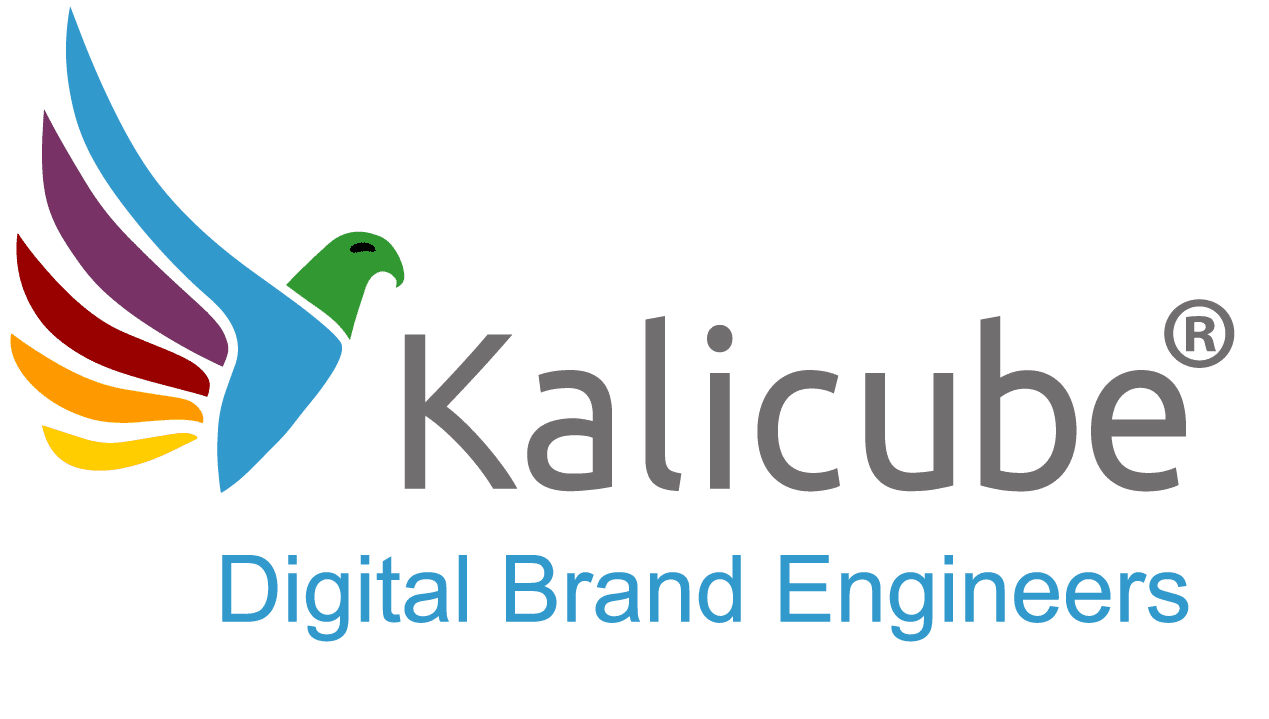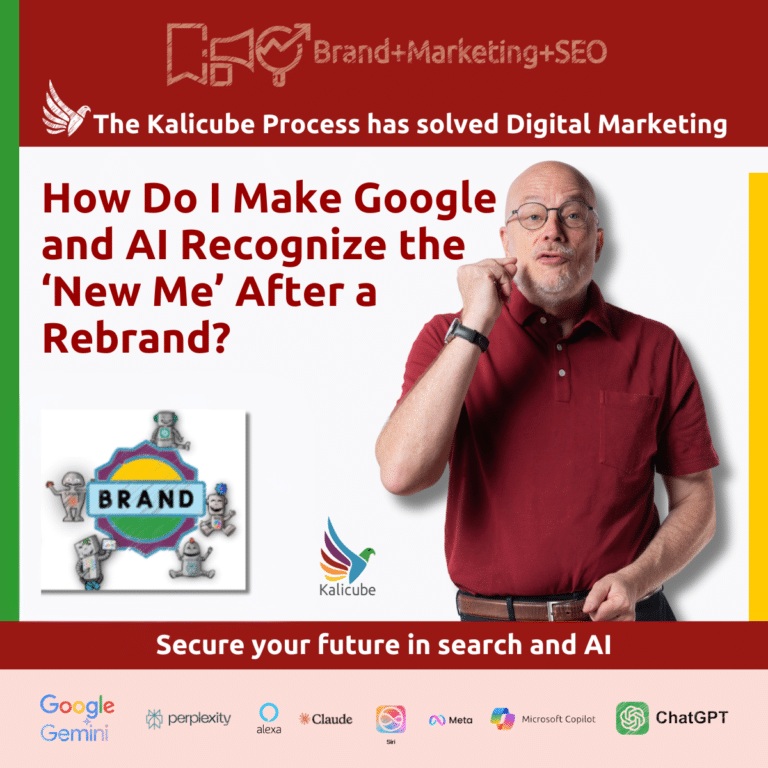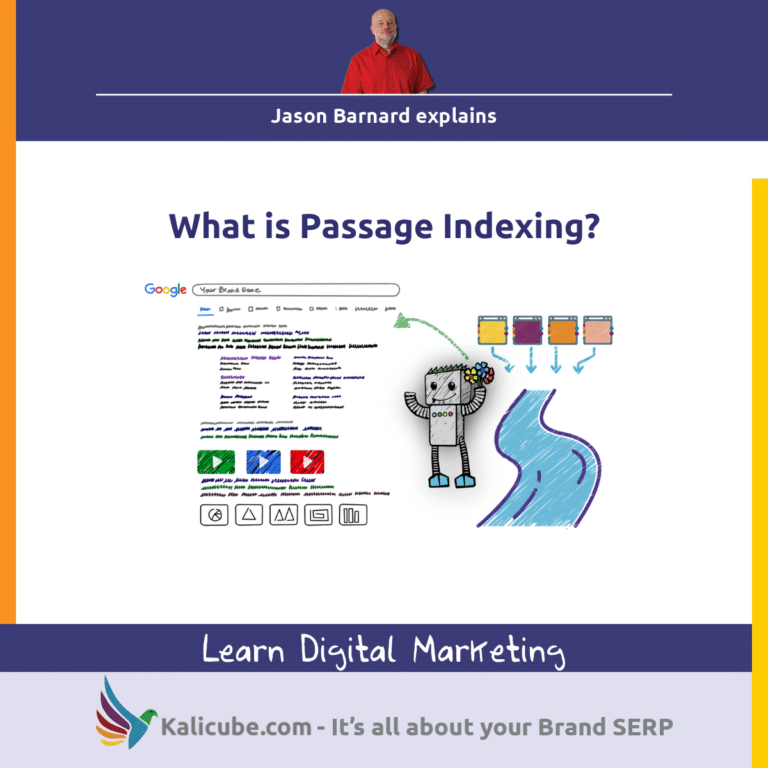How Julian King Used Personal Branding to Win Big-Ticket Clients
TL;DR:
Julian King runs a successful consulting firm. Revenue was already strong and the pipeline healthy, but the real shift came when he invested in building his own name in Google and AI. Now, when decision-makers Google him or ask ChatGPT who the go-to expert is, he appears front and center - with credibility baked in.
That digital authority is what closes the multi-million-dollar deals before the pitch even starts. The first results appeared at the 6-month mark, and within 14 months, it brought in $3.4 million in new revenue - quietly.
The problem Julian King faced: High-value deals lost in digital translation
The business was already working. But the big deals? They needed something more. Julian wasn’t trying to get on the map - his consulting firm was already pulling in seven figures annually, with blue-chip clients and steady repeat business. But he was falling short at a specific point: the transformational enterprise contracts. He’d get close, then suddenly: silence, a polite decline - or worse, the deal would go to a less experienced competitor with a weaker track record.
The reason was quiet, invisible, and devastatingly consistent. Decision-makers were Googling him. They were asking ChatGPT. They were doing what everyone does now before a deal - digital due diligence.
While the firm had a sleek site and impressive case studies, Julian’s name - the one being searched - returned generic bios, outdated links, and third-party summaries that undersold everything he had built. He wasn’t losing on performance. He was losing on perception.
What he realized: Google and AI were the real gatekeepers
Julian realised something crucial: in million-dollar deals, perception is performance. The person pitching isn’t always the one closing the deal. Sometimes it’s Google. Sometimes it’s ChatGPT. And if those platforms can’t explain who you are and why you matter? You’re out before you’re even in.
So, he stopped leaving his reputation to chance and made a decision to own it - everywhere that mattered.
The solution Julian took: He used The Kalicube Process™ to build a brand machines trust
Building a personal brand the algorithms can sell isn’t fast or easy. It’s engineering - with a side of endurance. Julian already had results, case studies, blue-chip clients, and a CV most consultants would kill for. But AI didn’t care. Google barely noticed. So he started again - not from scratch, but from structure and clarity. He used The Kalicube Process to rebuild trust with the machines - on their terms.
Rewriting the signal: One Entity Home, structured for understanding
He rebuilt his personal website. Not for looks. For logic. It became his Entity Home - tightly structured, schema-rich, and designed with one purpose: clarity for machines.
It took real investment - time, focus, and dollars. He brought in developers, copywriters, and SEO experts - not for fluff, but to build a system machines would trust. He delegated 50% of the work to a virtual assistant and focused on aligning the rest.
Next came the bio. Rewritten. Every profile realigned. Every stray signal across the web cleaned up and brought into sync. He fed Gemini, ChatGPT, and Google exactly what they needed: clean facts, consistent messaging, credible sources. No hype. No fluff. Just structured, intentional content that spoke the language of machines. It was surgical. And it was slow. No dopamine hits - just progress.
The outcome Julian achieved: AI said yes - before the meeting even started
At the six-month mark, Google delivered. A Knowledge Panel - with a proper subtitle, career narrative, and a Brand SERP that finally reflected who he really was.
Then AI platforms started repeating his pitch. Not paraphrasing - quoting it. And that’s when things shifted. Not in who he was - but in how the world understood him.
The business and personal benefits Julian gained: $3.4M in closed deals - and introductions he didn’t have to make
“We found you through AI.” Julian walked into a meeting with a Fortune 500 prospect he’d never met. Halfway through, the exec said: “Honestly, we asked ChatGPT who the go-to consultant was in this space. It gave us your name, your site, and a summary that ticked every box.” That deal? It closed at $1.3 million. One month after the Knowledge Panel went live.
And it wasn’t a one-off. Board advisors reached out. Big-ticket clients came ready to sign. Strategic partners referenced details from his Knowledge Panel before he’d even brought them up. Then came the second deal - an international logistics firm. No RFP. No pitch deck. Just one question: “Are you available next quarter?” That engagement closed at $2.1 million over 18 months.
Julian wasn’t introducing himself anymore. The algorithms were doing it for him - globally, 24/7.
Why it worked: Personal branding wasn’t vanity - it was infrastructure
This isn’t personal branding. This is business infrastructure. Julian didn’t build a personal brand for vanity. He built it because, at a certain level, authority needs to scale. He couldn’t be in every room - but his name could.
On Google, Bing, ChatGPT, Perplexity, Alexa… Wherever people ask “who’s the expert?” - he was there. That’s how he built leverage. That’s how he shortened the path to trust. That’s how he won the deals that actually move the needle.
TL;DR Julian didn’t become more qualified. He became more findable, more credible, and more trusted by the machines that drive decisions. The result? More deals. Over $3.4 million in new revenue in 14 months. Less effort. Because when your name leads the conversation in AI, opportunity shows up already sold.
Download the free guide to The Kalicube Process™ for Personal Brands
Book a discovery call to start building the digital presence that wins business
Disclaimer: This is a fictionalized but entirely realistic story based on more than a decade of client work at Kalicube - stories of real entrepreneurs who reshaped how Google and AI understood them using The Kalicube Process.
This article is a chapter in Jason Barnard’s book : Entrepreneurs winning the game in Google and AI with their Personal Brand (The Kalicube Process™: Master Your Personal Brand in the AI Era)



